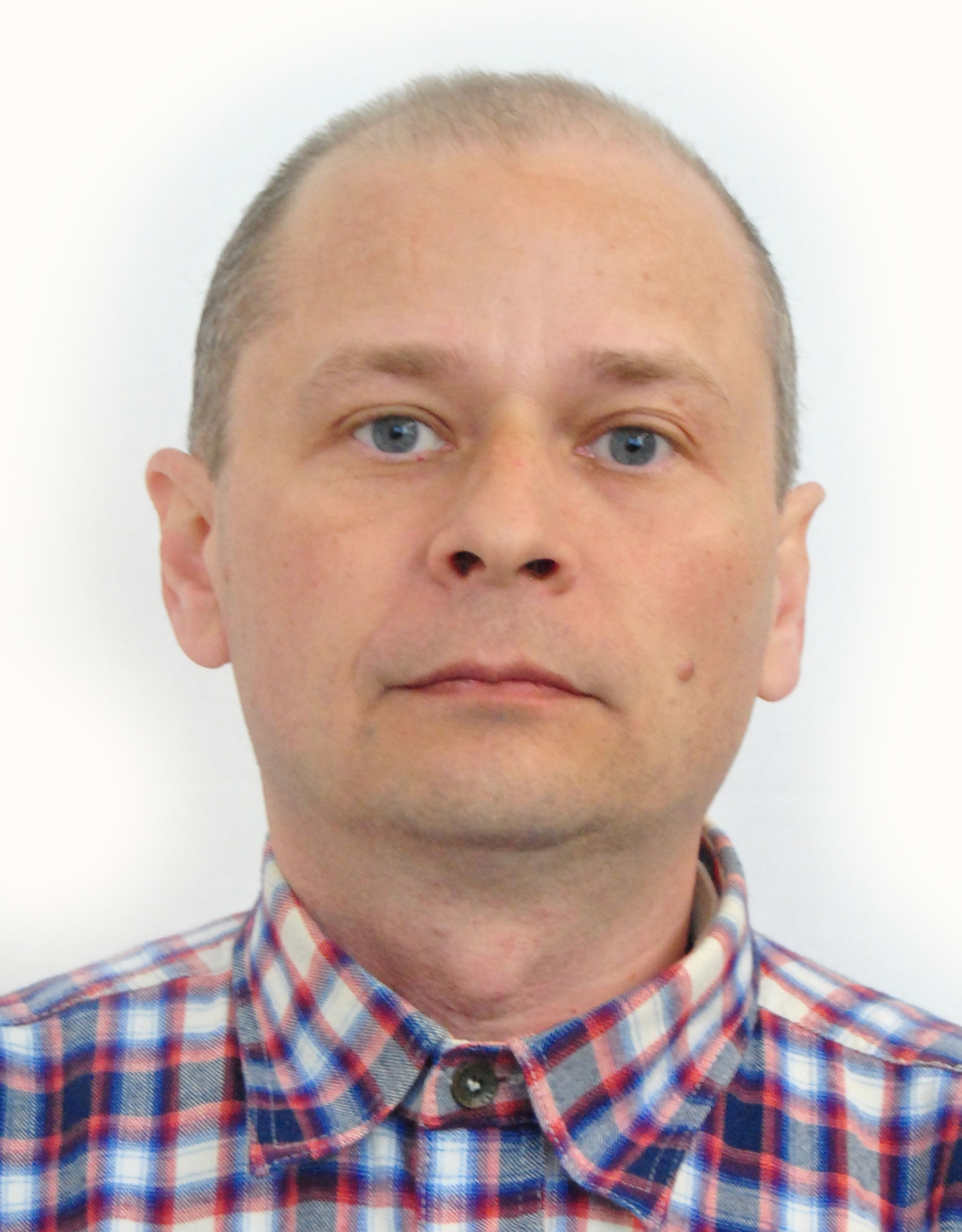Ararat Osipian
Fellow 2023/2024
Higher Education Policy
Kyiv School of Economics
New Europe College, Bucharest
araratos@yahoo.com

Bio
Ararat L. Osipian is a Founding Fellow of the New University in Exile Consortium at the New School University, New York, and a Sustaining Ukrainian Scholarship (SUS-VUIAS) Fellow at New Europe College-Institute for Advanced Study, Bucharest.
He has extensive research experience in such countries as the USA, Armenia, Azerbaijan, Canada, Georgia, Hungary, Kazakhstan, Canada, Moldova, Romania, Russia, Ukraine.
Dr. Osipian holds a PhD in Economics of Education and Human Development from Peabody College of Education at Vanderbilt and an MA in Economics from Vanderbilt University, where he came as a fellow of the US Department of State.
Dr. Osipian is the author of Sustainable Economic Growth in Russia: A Structuralist Approach (Palgrave Macmillan, 2023), The Economics of Growth in Russia: Overcoming the Poverty Trap (Routledge, 2023), Political and Economic Transition in Russia: Predatory Raiding, Privatization Reforms and Property Rights (Palgrave Macmillan, 2019), The Political Economy of Corporate Raiding in Russia (Routledge, 2018), and The Impact of Human Capital on Economic Growth: A Case Study in Post-Soviet Ukraine, 1989-2009 (Palgrave Macmillan, 2009).
His articles and reviews appear in Asian Politics & Policy, Brigham Young University Education and Law Journal, Canadian and International Education Journal, Capital & Class, Communist and Post-Communist Studies and many others.
He is also a winner of several awards, including grants from Edmund Muskie/FSA, Institute of International Education, Soros Foundation, Open Society Institute, Yale, Vanderbilt, University of Wisconsin-Madison, George Washington University, Volkswagen Stiftung New Europe College-Institute for Advanced Study, and Central European University.
His research interests include corruption in higher education and inequalities in access to higher education in international perspective, corporate, property and land raiding, nexus of education and economic growth, modern welfare states and political economy of transition.